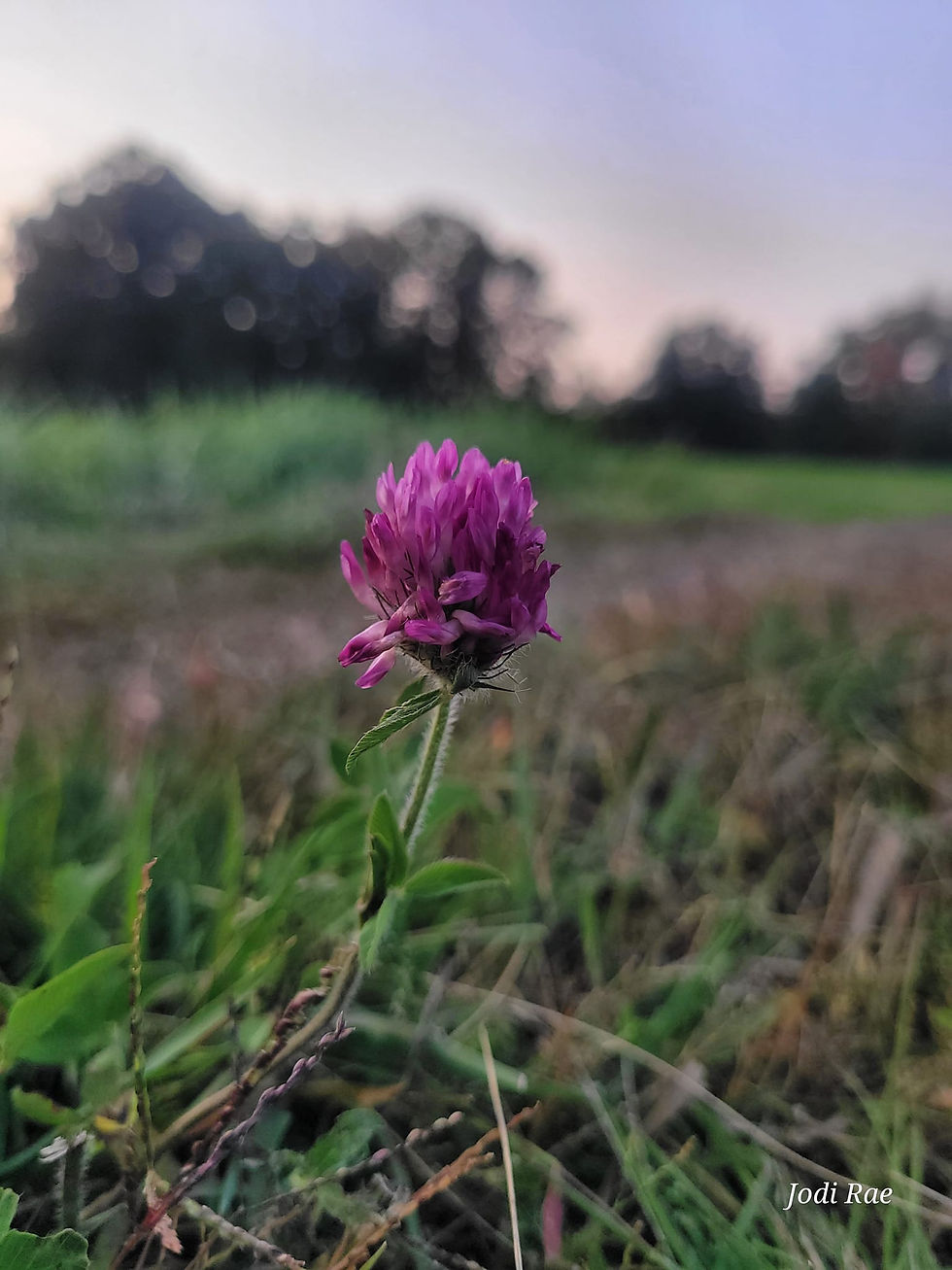The First Time I Stayed Silent
- Jodi Rae
- Aug 16, 2025
- 3 min read
Updated: Nov 24, 2025
When I think about where I first lost my voice, it goes back further than my marriage. It goes all the way back to when I was a little girl. My grandfather hurt me. From the time I was around four until I was about ten years old, I lived with that secret.

At that age, I didn’t know how to speak up. I didn’t even understand what was happening, let alone how to put words to it. I knew it didn’t feel right, but I didn’t feel safe telling anyone. A part of me must have known it was wrong, but I didn’t know what to say or to whom to say it. So I stayed quiet. I tucked it away in the far back corners of my mind and learned early on how to silence myself.
It was a lot like being told to eat the crust on your sandwich—something you didn’t want, something that felt heavy and wrong in your mouth, but you swallowed it down because that’s what you were told to do. I learned early that my discomfort didn’t matter, that my voice didn’t count.
I buried those memories so deep that for years I acted like they didn’t exist. I never told anyone. Not until one night, when I was about twenty, married, and in college. My mom called me, crying, broken, and she asked, “Did Grandpa ever…?”
My little sister had finally come forward. That’s when Mom called to see if it had also happened to me or our other sister.
The words came out of my mouth: Yes. But I didn’t feel anything for myself in that moment. I didn’t cry. I didn’t break down. All I felt was sick that it had happened to my little sister, too. And guilty. Guilty that maybe if I had spoken up, she wouldn’t have had to go through it.
I don’t even remember what I did after that phone call. I only remember my mom crying, and her saying she had to call our oldest sister. I can’t imagine what it must have felt like for her as a mother, realizing her children had gone through that.
There's another aspect of this story that has always stayed with me. That same grandpa used to give me fifty-cent pieces whenever I left his house. That's what my young mind mostly remembered from those days. The fifty-cent piece was fascinating to me; I never saw them except in my little hand after those visits. Over time, I accumulated quite a few. I kept them in a safe, tucked away with important documents. For nearly thirty-five years, I couldn't bring myself to part with them. I couldn't spend them or exchange them at the bank. They simply remained there, a tangible reminder of everything I had kept locked away. Every time I went into that safe for a birth certificate or a car title, I'd see them. Then I'd close the lid and lock it all back up again.
After my divorce, when my ex sent me the contents of the safe, those coins weren’t there. He kept them. And I felt two things at once: anger and relief. Angry that he had taken something that represented such a painful part of my story, and relieved that they were finally gone.
Because the truth is, those coins weren’t money. They were a symbol of my silence. I couldn’t let go of them myself, but when they were taken, so was a piece of that silence.
And that’s what my life has often felt like: being served something I didn’t want, being told to swallow it anyway. For years, I had no choice but to eat the crust. But now, finding my voice means I get to decide what I’ll swallow and what I won’t. The crust doesn’t own me anymore.
So yes—I had to eat the crust. But I don’t have to keep eating it.



Comments